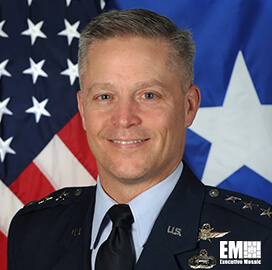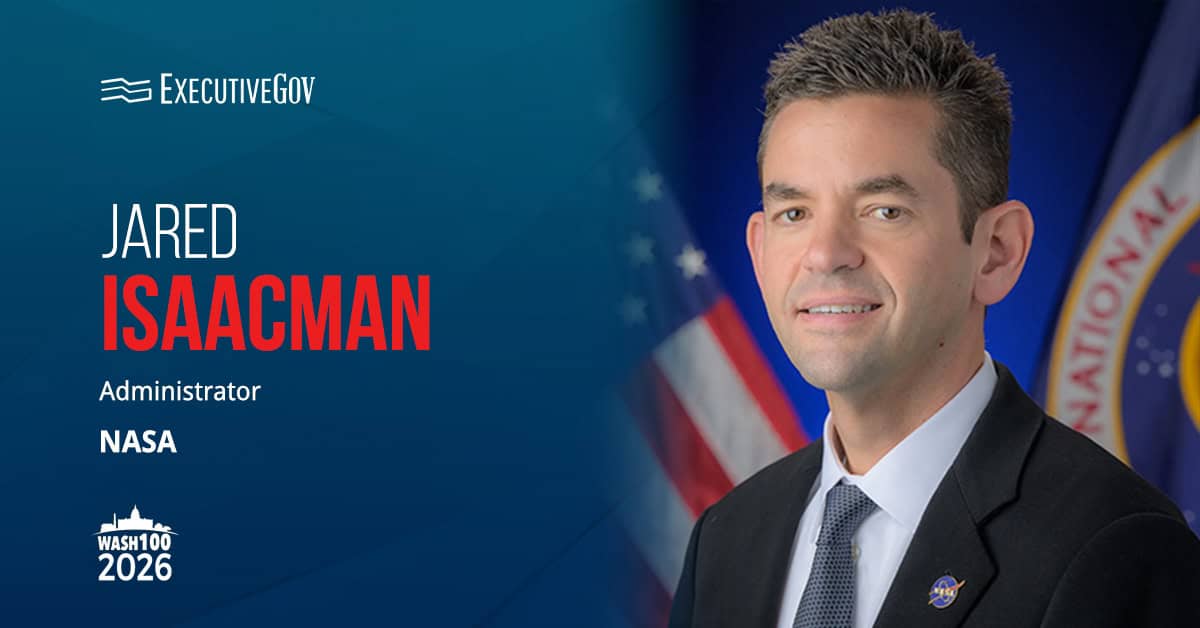Lt. Gen. Timothy Haugh, commander of the 16th Air Force, was confirmed by a voice vote in the Senate Thursday to become the next deputy commander of U.S. Cyber Command, C4ISRNET reported Friday.
He was nominated by President Biden to the No. 2 post at Cybercom one month ago and will succeed Lt. Gen. Charles Moore, who has held the role since September of last year.
Haugh has led the information warfare-focused numbered AF since October 2019. In his current capacity, he oversees more than 44,000 personnel who support the delivery of intelligence, surveillance and reconnaissance data to the military service and the operations of the branch’s portion of the global Department of Defense network.
His previous assignments include leadership of the 25th Air Force, the Cyber National Mission Force and the 480th ISR Wing.





